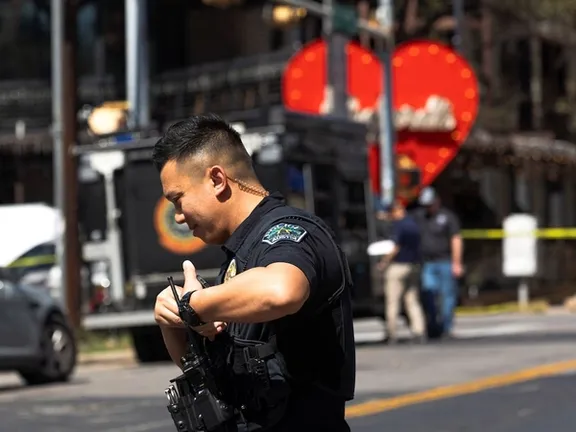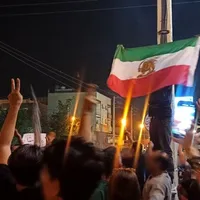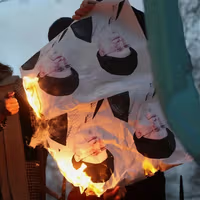Long seen by hardliners as a strategic partner, Moscow is now facing criticism from Iranian media figures and former officials who accuse the Kremlin of offering symbolic support while withholding meaningful military backing.
President Vladimir Putin’s June 19 comments—downplaying the prospect of assistance and noting that Iran had not formally asked for help—have only deepened the sense of betrayal.
Russia, meanwhile, is offering India 117 Su-35 fighter jets and joint production of the Su-57 stealth aircraft with full technology transfer—the kind of advanced cooperation Tehran has long sought but failed to secure.
Backlash in Tehran
“Russia appears neither willing nor able to offer effective mediation or military backing,” Sohrab Saeddin, a European affairs researcher, told Khabar Online on June 30. “Alignment at the UN may raise Tehran’s diplomatic profile, but one cannot expect a more active role.”
Former deputy parliament speaker Ali Motahari was blunter in a July 1 post on X: “Russia gave the S-400 defense system to Turkey and Saudi Arabia but won’t provide it to Iran—because it might be used against Israel.”
He also reminded Moscow of the hundreds of Iranian drones allegedly used in Ukraine. “This is the kind of strategic cooperation Mr. Putin speaks about.”
Hossein Mousavian, a former Iranian diplomat now at Princeton, pointed to the India deal.
“Russia has offered India 117 Su-35M fighter jets and joint production of the Su-57 with full technology transfer—even though India is a U.S. ally,” he posted on X.
“Perhaps this reality can help Tehran gain a better understanding of the 'realities of international relations' and the 'imperatives of national interest.’”
Heshmatollah Falahatpisheh, former head of Iran’s National Security and Foreign Policy Committee, echoed the frustration.
“The Iranian nation has already paid more than its fair share of the price for the Ukraine war,” he told Rouydad24. “When Iran brought balance to the battlefield, the Russians simply said Iran hadn’t asked for anything.”
Foreign Minister Abbas Araghchi’s June 23 visit to Moscow—at the height of the fighting—was widely seen as a plea for stronger Russian backing.
But Moscow’s response remained limited, notably omitting any mention of the Su-35 or S-400. It condemned Israel’s attacks, offered to mediate, and proposed taking Iran’s enriched uranium in exchange for nuclear fuel.
Tehran and Moscow’s 20-year strategic partnership, signed in January and ratified in May, lacks a mutual defense clause but commits both sides to joint drills and military-technical cooperation.
Putin reiterated mid-war that the deal does not obligate Moscow to provide military support.
No fighter jets in sight
The stalled Su-35 deal has become another flashpoint. Finalized in late 2023, it was seen as critical to modernizing Iran’s air fleet and countering Israel’s air power.
“The story of the Sukhoi-35 is a tale of a one-sided alliance—one in which Iran delivers critical drones but receives nothing more than hollow promises,” Khabar Online wrote on July 1.
The article claimed Russia is using the jets as leverage in wider negotiations—on Syria, drone cooperation, and the Caspian Sea.
According to Kommersant, Iran received just two of the 50 Su-35s it expected. Delivered in December 2024, the aircraft were transported in parts to Iran’s 3rd Tactical Air Force Base near Hamadan for assembly.
There are no confirmed reports of their use in the conflict.
Russian sources cited production bottlenecks and the Ukraine war as reasons for suspending further deliveries—possibly for up to two years. Not many in Tehran are convinced.







